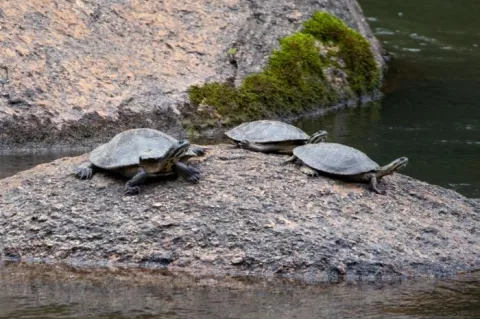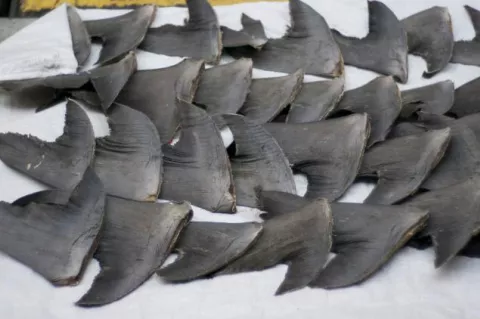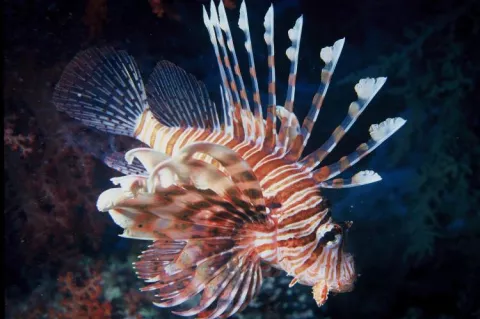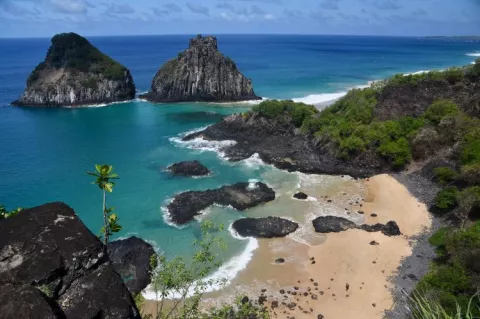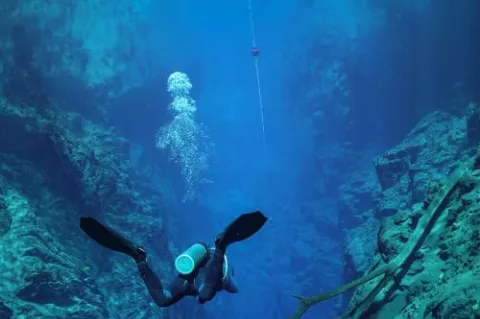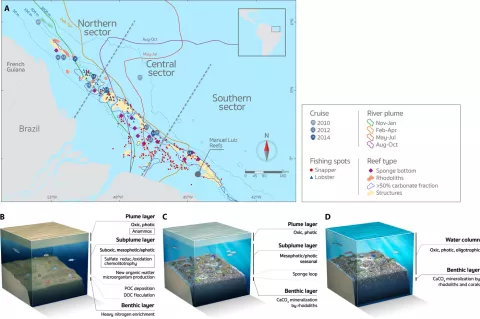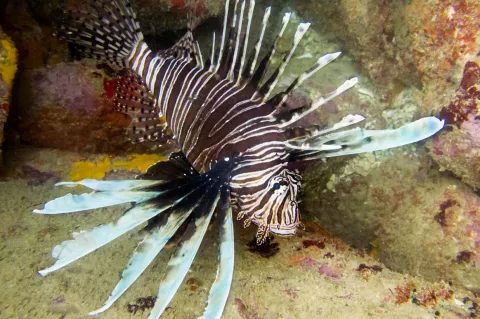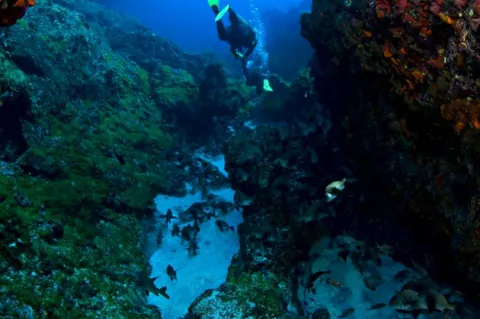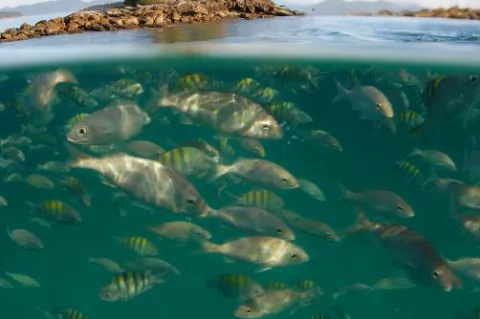Amazonian river dolphins killed by severe drought
The Amazon River Basin, known for its rich biodiversity, has witnessed a tragic event. Over the past week, 120 river dolphin carcasses have been discovered floating in its tributaries. Experts suspect that the severe drought and extreme heat are the culprits behind this mass mortality.
Dolphin Discovery
The carcasses of these dolphins were discovered floating in a tributary of the Amazon River in Brazil. The Mamiraua Institute, a renowned research group, reported that two additional dolphins were found dead near Tefe Lake.



